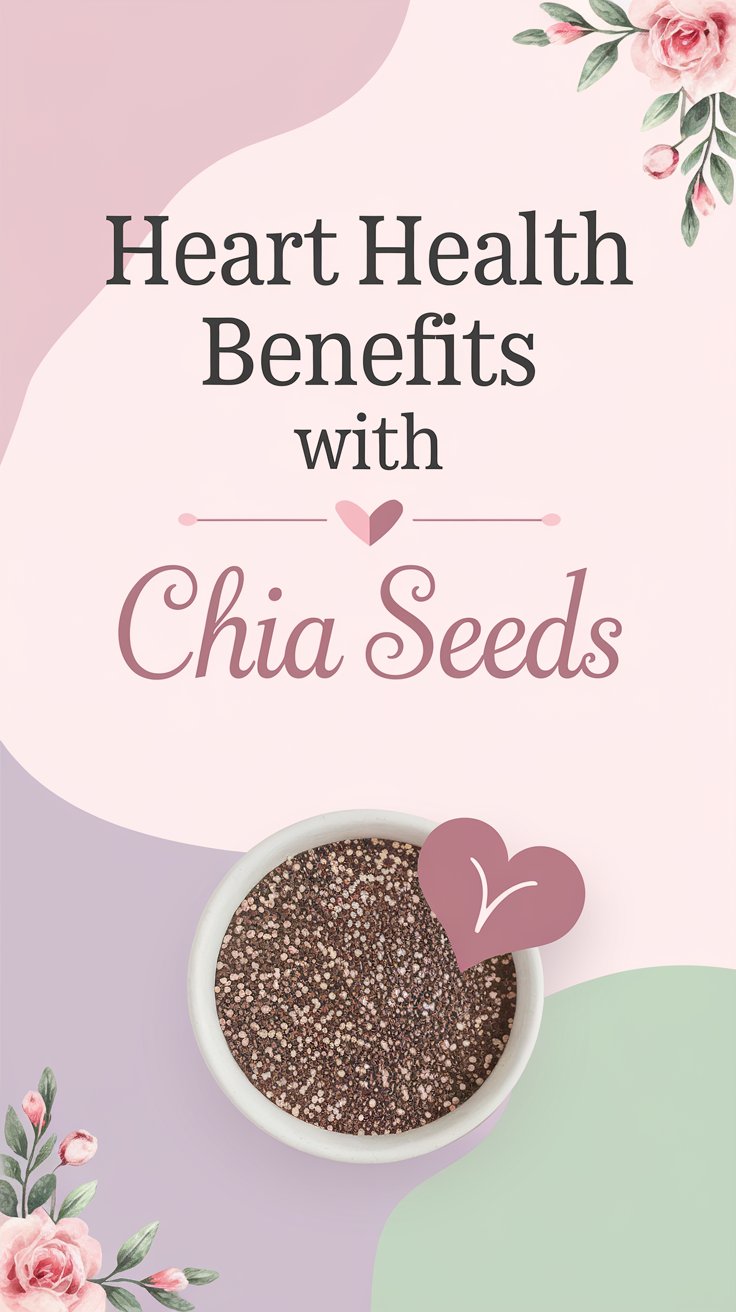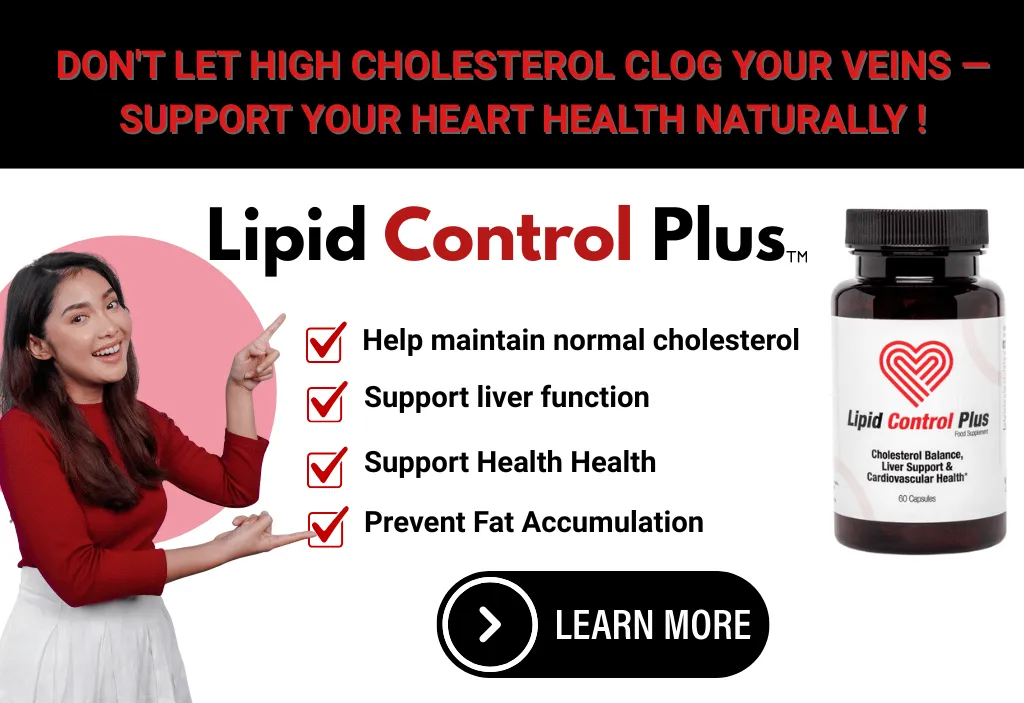
If you’ve been wondering whether chia seeds can lower cholesterol, you’re in the right place. These tiny seeds have been making big waves in the health world for a good reason. But let’s dive deeper to see if they really live up to the hype.
Why Are Chia Seeds So Popular?
Chia seeds are like the cool kids of the health food world. Packed with fiber, omega-3 fatty acids, and antioxidants, they’ve become a staple for anyone looking to boost their diet. Plus, they’re incredibly versatile—you can toss them in a smoothie, sprinkle them over oatmeal, or even make pudding. But one of their standout claims is their potential to improve cholesterol levels.
The Science Behind Chia Seeds and Cholesterol
Let’s talk numbers. Studies have shown that chia seeds help to lower LDL (bad) cholesterol while boosting HDL (good) cholesterol. One study found that participants who regularly ate chia seeds saw reduced levels of plasma total cholesterol over time. Pretty impressive for something so tiny!
Chia seeds are rich in soluble fiber, which binds to cholesterol in your digestive system and helps remove it from your body. Soluble fiber also reduces inflammation—a key factor in heart disease. Plus, their omega-3 content adds another layer of heart-healthy benefits by improving overall lipid profiles.
How Long Does It Take for Chia Seeds to Work?
Don’t expect overnight miracles. While chia seeds are powerful, they’re not magical. Studies suggest it can take weeks to months of consistent intake to see significant changes in cholesterol levels. The good news? Adding them to your diet is super easy and sustainable.
How to Eat Chia Seeds to Reduce Cholesterol
- Start Simple: Mix a tablespoon of chia seeds into your water or juice. Let it sit for 10 minutes to form a gel-like consistency.
- Add to Breakfast: Chia seeds and oatmeal are a match made in heaven. Together, they’re excellent dietary sources for managing cholesterol.
- Make a Smoothie: Blend them with your favorite fruits and veggies for a fiber-packed drink.
- Try Chia Pudding: Combine chia seeds with milk or a plant-based alternative, add a sweetener, and refrigerate overnight.
Pro tip: Always drink plenty of water when consuming chia seeds. They absorb liquid, and you don’t want them causing digestive discomfort.
Are There Side Effects?
While chia seeds are generally safe, they’re not without their quirks. Some people might experience bloating, gas, or digestive discomfort if they’re not used to a high-fiber diet. For females, chia seeds are particularly beneficial because they’re rich in nutrients that support hormonal balance. However, if you’re pregnant or breastfeeding, it’s always good to consult your doctor first.
Which Seeds Are Good for Lowering Cholesterol?
Chia seeds aren’t the only game in town. Flax seeds are another powerhouse for cholesterol management, thanks to their high content of lignans and omega-3 fatty acids. Other great options include:
-
- Pumpkin seeds: Rich in magnesium and healthy fats.
-
- Sunflower seeds: Packed with phytosterols that help block cholesterol absorption.
-
- Hemp seeds: High in omega-3s and protein.
So, can chia seeds lower cholesterol? Absolutely. With their impressive nutrient profile, these tiny seeds pack a big punch. But remember, they’re just one piece of the puzzle. Pair them with a healthy diet, regular exercise, and other heart-friendly foods for the best results.
Ready to give chia seeds a try? Your heart will thank you!

Sandra Hernandez, a resident of New York, is an active contributor on lifebing.com. Her passion for knowledge fuels her writing journey as she delves into fascinating topics that capture her curiosity.

